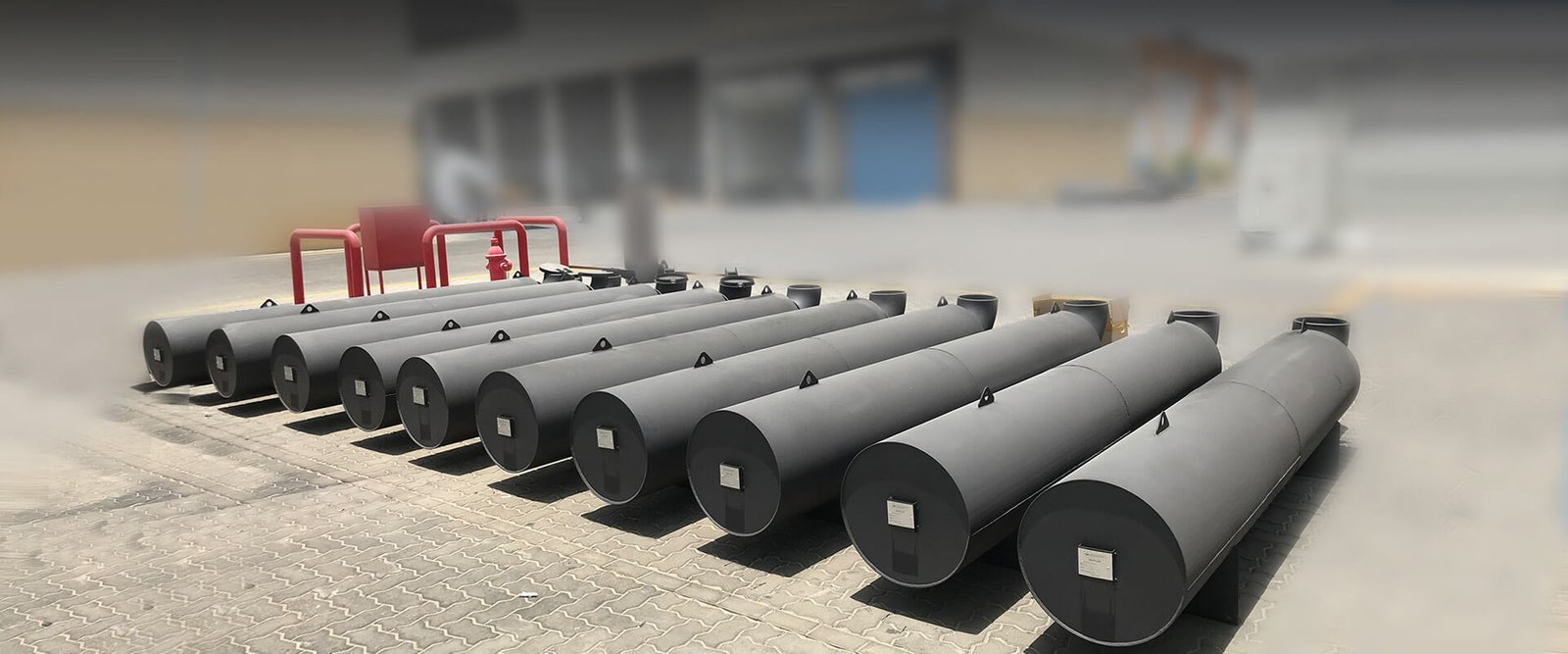In today’s world, where electricity is the backbone of modern living, generators serve as lifelines in homes, businesses, and industries alike. Whether it’s for backup power during an outage or for use in remote locations, the importance of having a reliable generator cannot be overstated. However, one of the significant drawbacks of using generators is the noise they produce. Enter the generator muffler—a device designed to mitigate this issue while also improving engine performance.
Understanding Generator Mufflers
A generator muffler is a component attached to the exhaust system of a generator. Its primary purpose is to reduce noise generated by the engine as it operates. Much like a muffler in a car, a generator muffler helps to dampen sound waves produced by the engine’s exhaust gases. The design typically consists of a series of chambers that disrupt the flow of exhaust gases, thus minimizing noise.
How Generator Mufflers Work
The mechanics behind a generator muffler are fairly straightforward. As exhaust gases exit the engine, they pass through various chambers within the muffler. These chambers are designed to absorb sound waves and redirect gases, effectively lowering the overall noise output. The muffler may also feature perforated tubes that allow gases to flow while still reducing noise levels.
Types of Generator Mufflers
There are various types of mufflers available, each suited to different types of generators:
Standard Mufflers: These are the most common type and are typically found on portable generators. They provide a basic level of noise reduction.
Residential Mufflers: Designed specifically for home use, these mufflers are optimized for quieter operation, making them ideal for residential neighbourhoods.
Industrial Mufflers: Used in larger, commercial-grade generators, these mufflers are built to handle higher exhaust volumes while minimizing noise.
Custom Mufflers: For specialized applications, custom mufflers can be designed to meet specific noise reduction and performance requirements.
The Benefits of Using a Generator Muffler
Noise Reduction
The most apparent benefit of installing a generator muffler is the reduction of noise. Generators can produce sound levels upwards of 100 decibels, which can be disruptive, especially in quiet residential areas. A good muffler can reduce this noise significantly, often bringing it down to levels comparable to a normal conversation.
Enhanced Performance
In addition to reducing noise, a generator muffler can enhance engine performance. By optimizing exhaust flow, a muffler can help the engine run more efficiently. This can lead to better fuel economy and extended engine life, as the engine does not have to work as hard to expel exhaust gases.
Environmental Benefits
Reducing noise pollution is not just a matter of comfort; it’s also an environmental issue. High noise levels can affect local wildlife and contribute to overall noise pollution in the community. Using a generator muffler helps to mitigate this issue, making your generator more environmentally friendly.
Compliance with Regulations
In many areas, there are strict noise regulations regarding the use of generators. Failing to comply with these regulations can result in fines or restrictions on generator use. Installing a generator muffler can help ensure that your generator meets local noise ordinances, allowing you to use it without worry.
Improved User Experience
A quieter generator means a more pleasant user experience. Whether you’re camping, hosting an outdoor event, or using a generator for construction work, a muffler allows for better communication and a more enjoyable atmosphere.
Installation and Maintenance of Generator Mufflers
Installation
Installing a generator muffler can be a straightforward process, but it’s essential to follow the manufacturer’s instructions. Most mufflers are designed to fit specific generator models, so ensuring compatibility is crucial. If you’re not comfortable with DIY installations, it’s best to consult a professional.
Maintenance
Like any other component of a generator, mufflers require maintenance. Regular inspections can help identify any blockages or damage that may affect performance. Cleaning the muffler periodically can also help maintain its efficiency and noise-reduction capabilities.
Conclusion
In a world where noise pollution is a growing concern, the importance of a generator muffler cannot be overstated. By reducing noise levels, enhancing performance, and ensuring compliance with local regulations, a muffler serves as a vital component of any generator system. Whether you’re a homeowner looking to power your home during an outage or a contractor working on a job site, investing in a quality generator muffler can enhance your experience and contribute to a more peaceful environment. As technology continues to advance, we can expect even more innovative solutions to noise reduction, further improving the functionality and usability of generators.












